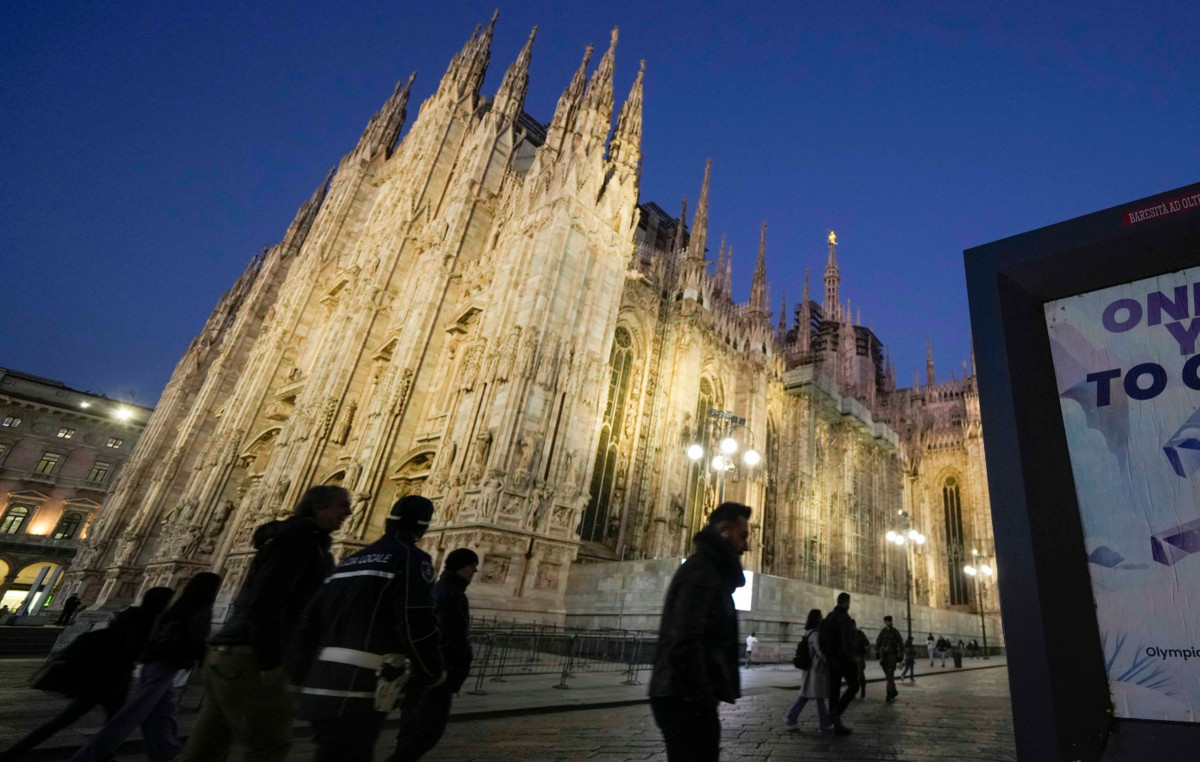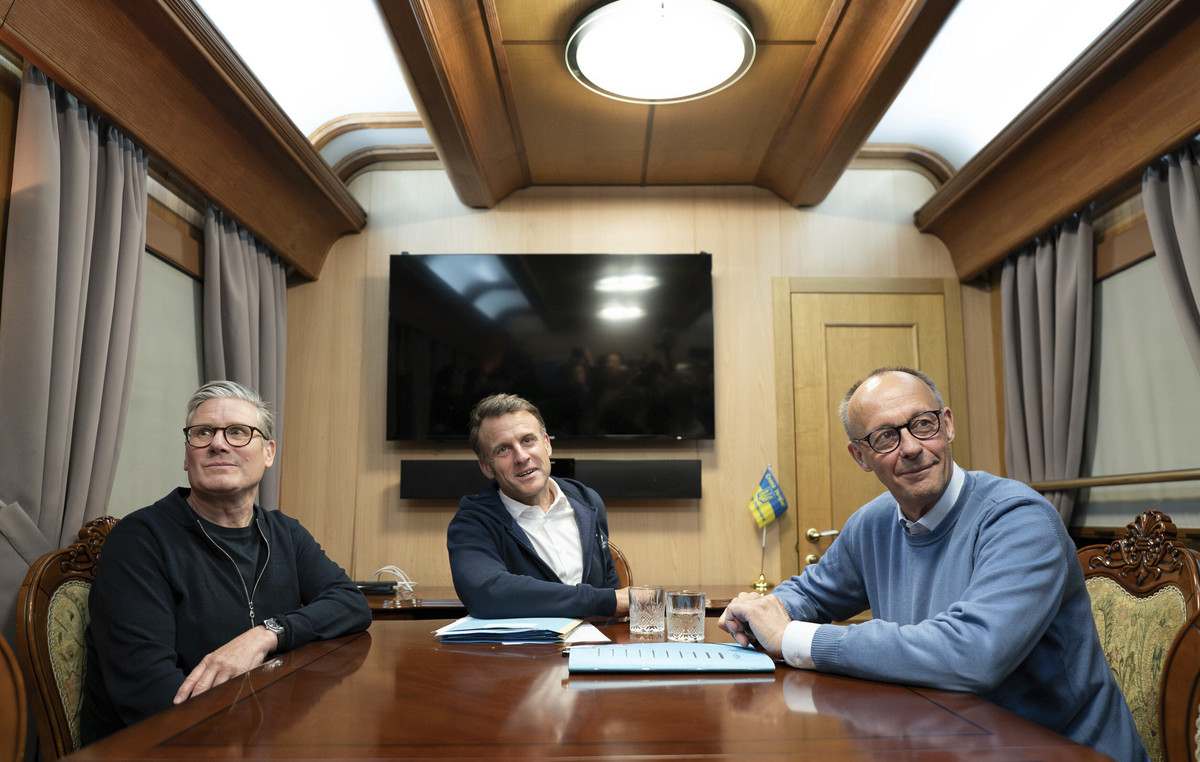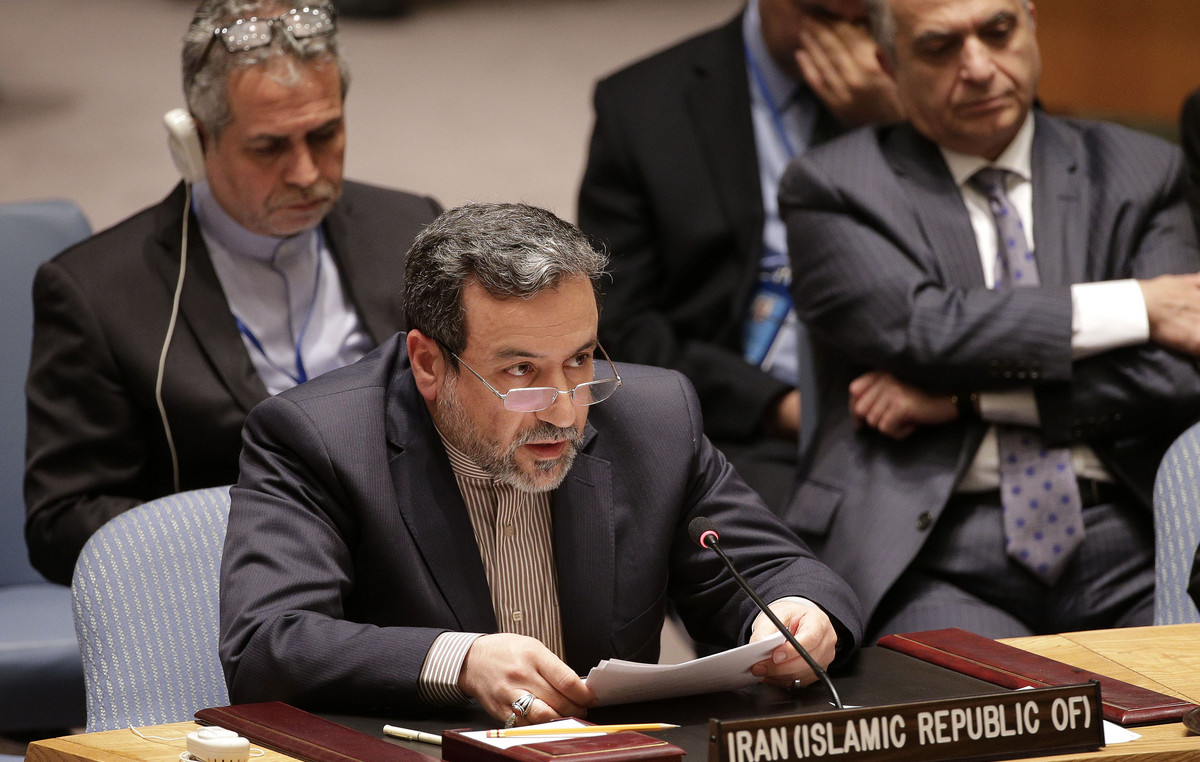The Attorney General’s Office (PGR) defended this Monday (15) increasing the responsibility of digital platforms for content with content considered “knowingly offensive, illicit or humiliating in relation to the user or a third party”.
The agency, on the other hand, said that Big Techs are under no obligation to previously inspect all legitimate publications that are protected by freedom of expression.
The opinion is signed by the Attorney General of the Republic, Augusto Aras. It was sent in one of the lawsuits pending at the Court that discuss the validity of an excerpt from the Civil Rights Framework for the Internet, reported by Minister Dias Toffoli.
The case is scheduled for this Wednesday (17). There is no certainty, however, as to whether the analysis can begin. That’s because, on the day, ministers resume the trial of former president and former senator Fernando Collor.
“Offensive data, known to be untrue, that incite undemocratic conduct or violation of fundamental rights, or that offend the reputation of users or third parties, especially when originating from inauthentic or unidentified accounts, must be submitted to the scrutiny of social network administrators and subject internet application providers, if they fail to provide the service, to civil liability”, says an excerpt from the document.
According to the understanding of the PGR, the person in charge of maintaining the social network “is also responsible for the management of illicit content”, and it is up to him to be responsible in case of omission.
In his manifestation to the Federal Supreme Court (STF), Aras defends an “intermediate solution” involving the action of Big Techs.
On the one hand, the attorney general argues that it is not up to Big Techs “to previously control the content of the data transiting on their servers”. On the other hand, however, he argues that social networks must act “with due diligence” and regardless of court order to:
- Observe fundamental rights and prevent their violation;
- Repairing damages arising from user conduct not covered by freedom of expression, such as “unidentified illegal manifestations, based on known untrue facts or criminal content”.
“Exonerating the hosting provider from all responsibility or keeping the obligation to scrutinize the smoothness and correctness of all data kept on their servers will be unacceptable proposals”, said Aras, when saying that providers should not be obliged to to carry out “prior and massive” control of legitimate declarations.
“[Uma solução intermediária implica, por outro lado,] require them to act in a preventive and diligent manner, providing easily accessible tools for reporting abuse and allowing swift and effective action to remove content that is known to be offensive, illegal or humiliating in relation to the user or third parties”.
“[Os provedores de internet] will adopt a vigilant and proactive behavior, in order to curb the dissemination of unequivocally illegal content, in addition to acting to facilitate the denouncement by users and investigation by the competent authorities, under penalty of being held responsible for omission”, declared Aras.
Internet Civil Framework
The Marco Civil da Internet is a 2014 law that establishes principles, guarantees, rights and duties for the use of the internet in Brazil.
Currently, the rule only holds platforms accountable when there is no compliance with a court decision determining the removal of content posted by users. The guarantee is in article 19 of the law.
The exception is for the dissemination of images or videos with scenes of nudity or private sexual acts. In these cases, the platform must remove the content based on an extrajudicial notification.
The exception is provided for in the Civil Rights Framework for the Internet, in its article 21.
There is a debate for platforms to adopt practices to curb the circulation of scammer and criminal content, for example. The issue gained more traction in Brazil after the acts of January 8, which resulted in the invasion and depredation of the headquarters of the Three Powers, in Brasília.
It is within this possibility of increasing the exceptions to article 19 that the manifestation of the PGR sent to the Supreme Court this Monday (15) is centered.
According to Aras, there are no obstacles to interpretations that, “in addition to the exceptional hypothesis of art. 21 of Law 12.965/2014 [nudez ou atos sexuais de caráter privado]aim to preserve other fundamental rights – notably human dignity, intimacy, private life, honor and image – and enable the harmonious coexistence between values endowed with identical essentiality within the national legal system”.
Another point advocated by Aras is the need for social networks to offer users a trigger mechanism for reporting possible abuse.
According to the opinion, social networking services can reach thousands of people, regardless of gender, social class, political inclinations or professional environment. “The adherence to the service and the mass participation of people prevent the hosting provider from remaining completely unaware of the content uploaded to its servers by users”.
Big Techs
As shown by CNN Big Techs expressed differences regarding expectations of changes in rules on social networks and removal of content considered illicit or harmful.
Twitter and Google, for example, admitted the possibility of the Marco Civil da Internet starting to list other situations in which the platforms have to act directly to exclude publications, without having been triggered by the Justice – under penalty of being held responsible.
Meta, owner of Facebook, Instagram and WhatsApp, did not consider this increase in responsibility. The technology giant defended the current sector regulation model, reinforced that it has invested in initiatives to guarantee the safety of its services and ruled out that its business model privileges a toxic environment.
The companies’ statements were made at a public hearing at the Federal Supreme Court at the end of March on the Civil Rights Framework for the Internet.
Despite the occasional divergence on the perspective of regulating the Brazilian internet, the platforms continue to agree on the need to maintain the existing rules and to reject the increase in their responsibility for publications by social network users.
Source: CNN Brasil
I’m James Harper, a highly experienced and accomplished news writer for World Stock Market. I have been writing in the Politics section of the website for over five years, providing readers with up-to-date and insightful information about current events in politics. My work is widely read and respected by many industry professionals as well as laymen.







